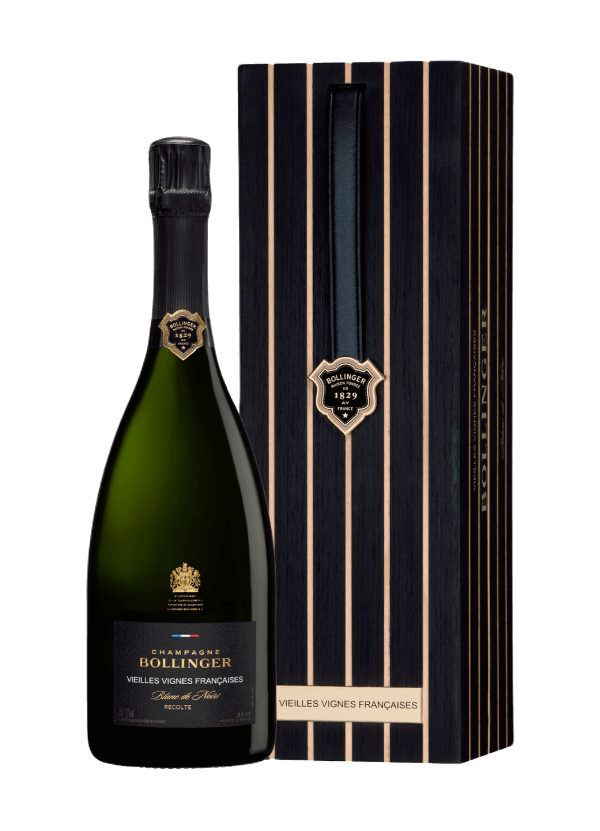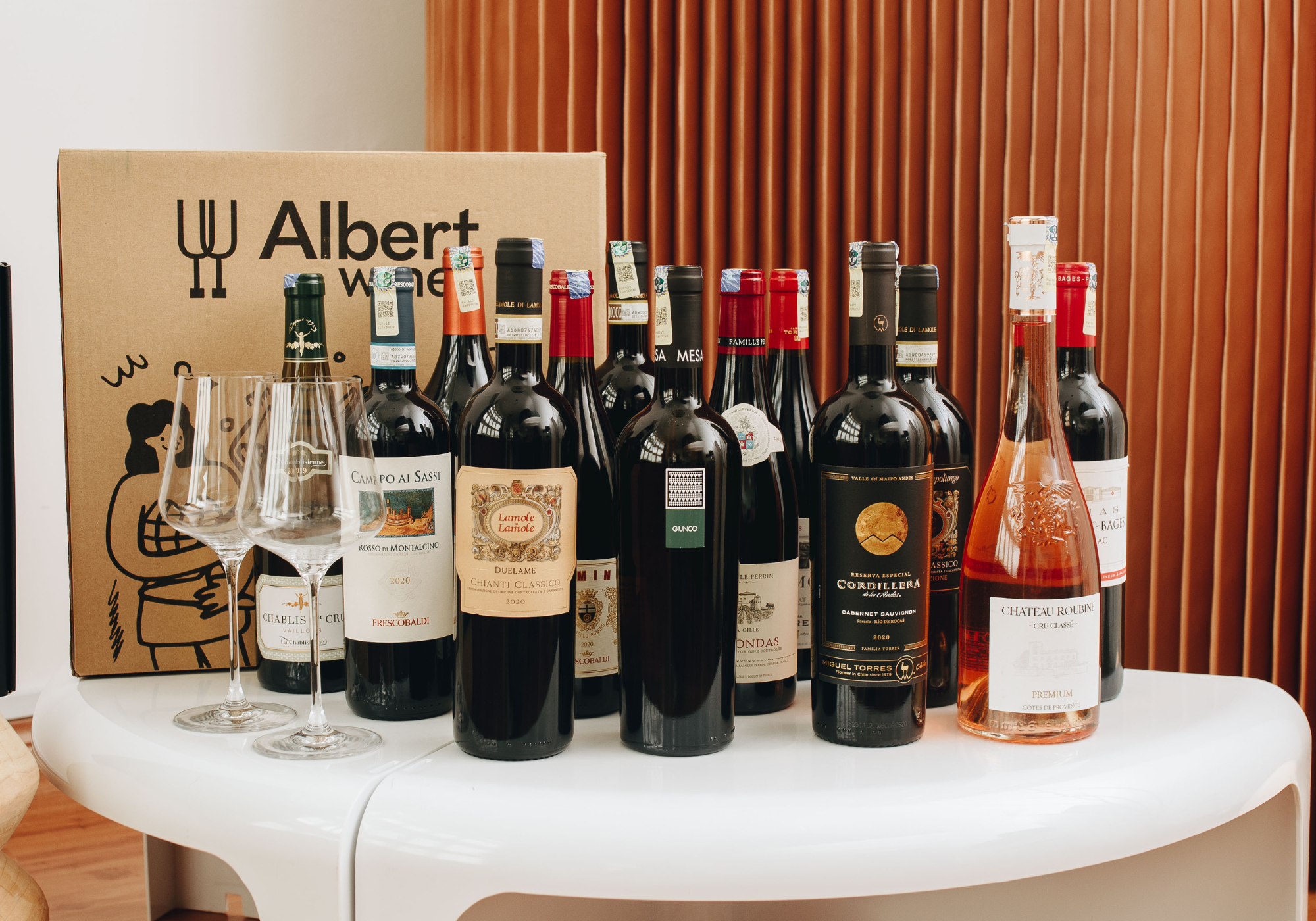
Bollinger 'Vieilles Vignes Francaises' 香槟 2007
这款酒以黑皮诺为基础的果味十分明显,因为这款酒散发着大量柑橘、烤面包和花香,包括玫瑰和洋槐花的香气,令人着迷,背景中还夹杂着各种红色浆果的细微差别。这款酒质地美妙而迷人,口味复杂、浓郁而充满活力,口感非常精致,这要归功于支持性慕斯的超细珠子,形成了集中而华丽的余味,干爽宜人,但并不十分严肃。我不仅被它的质地所震撼,还被它那令人印象深刻的深度所震撼,虽然这两个因素使 '07 VVF 平易近人,但很明显,这款酒应该会得到长期保存的丰厚回报。简而言之,这是一款真正伟大的作品。
Richard Juhlin:98 分;Allen MeadoWine Spectator:97 分;Vinous:94 分;Jancis Robinson:19/20 分
选择选项

Bollinger 'Vieilles Vignes Francaises' 香槟 2007
促销价格RM6,188.00
关于瓶子的更多信息
酒精含量: 12.00%
尺寸: 750毫升
品牌: 布林线
国家/地区: 法国
家庭: 起泡酒
葡萄品种: 黑皮诺
年份: 2007
地区: 香槟酒
醇厚
柑橘
奥基
杏
苹果

想要 20% 折扣吗?
全年购买由 Albert Wines 独家代理的品牌葡萄酒可享受高达20% 的折扣,例如 Oyster Bay、Chanson、Frescobaldi 等等!
仅限葡萄酒俱乐部会员
需要幫助嗎?
常见问题
一般的
我们的目标是让我们的网站及时更新最新的葡萄酒信息,包括年份和酒精度。但是,我们可能会错过更新某些年份。如果您需要特定年份的葡萄酒,尤其是高档葡萄酒,请直接联系我们寻求帮助。
网站图片仅供参考,可能与产品不完全匹配。虽然我们力求准确,但发货时的设计可能会发生变化,恕不另行通知。请通过实时聊天联系我们,获取最新的仓库照片。
- 巴生谷 (偏远地区除外):订单日期后 1-3 个工作日
- 巴生谷以外地区:订单日期后 3-6 个工作日

